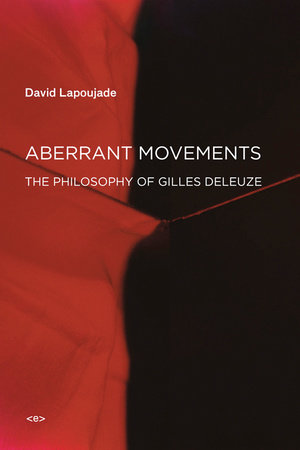
The Life, Old Age, and Death of a Working-Class Woman
Didier Eribon; translated by Michael Lucey
Paperback
March 25, 2025 | ISBN 9781635902365
AmazonBarnes & NobleBooks A MillionBookshop.orgHudson BooksellersPowell'sTargetWalmart
Ebook
March 25, 2025 | ISBN 9781635902372
AmazonApple BooksBarnes & NobleBooks A MillionGoogle Play StoreKobo
About the Book
A few years ago, Didier Eribon’s mother entered a retirement home. Over the course of several months, she lost her physical and cognitive autonomy, and despite his resistance, Eribon and his brothers were compelled to place her in a nursing home. The doctor had warned that she’d rapidly decline. And indeed, refusing the degradation and humiliation of her condition, Eribon’s mother died just a few weeks later.
In The Life, Old Age, and Death of a Working-Class Woman, Eribon furthers the archeological, historical, sociological, political, and personal reflection he began with Returning to Reims, this time to look at the question of old age. How does our society treat the elderly, especially the very elderly? What are the daily humiliations the elderly are forced to suffer? What are the conditions at the end of life?
Threaded through an erudite engagement with the works of Simone de Beauvoir, Annie Ernaux, Albert Cohen, Michel Foucault, Norbert Elias, and many others, the question of old age is shown here as a limit concept of Western thought and political philosophy. What is the place of bodies that can no longer assemble, discuss freedom, or protest? How do we hear those who can no longer say “us”? What does it mean not to project into the future? Can the absolutely dependent speak for themselves—and if not, who can speak for them?
Eribon left behind his prejudiced working-class family to become an intellectual. Looking back on his relationship with his mother, he transmutes his rage, sadness, and shame over her death into a portrait of being reunited beyond unbridgeable difference.











